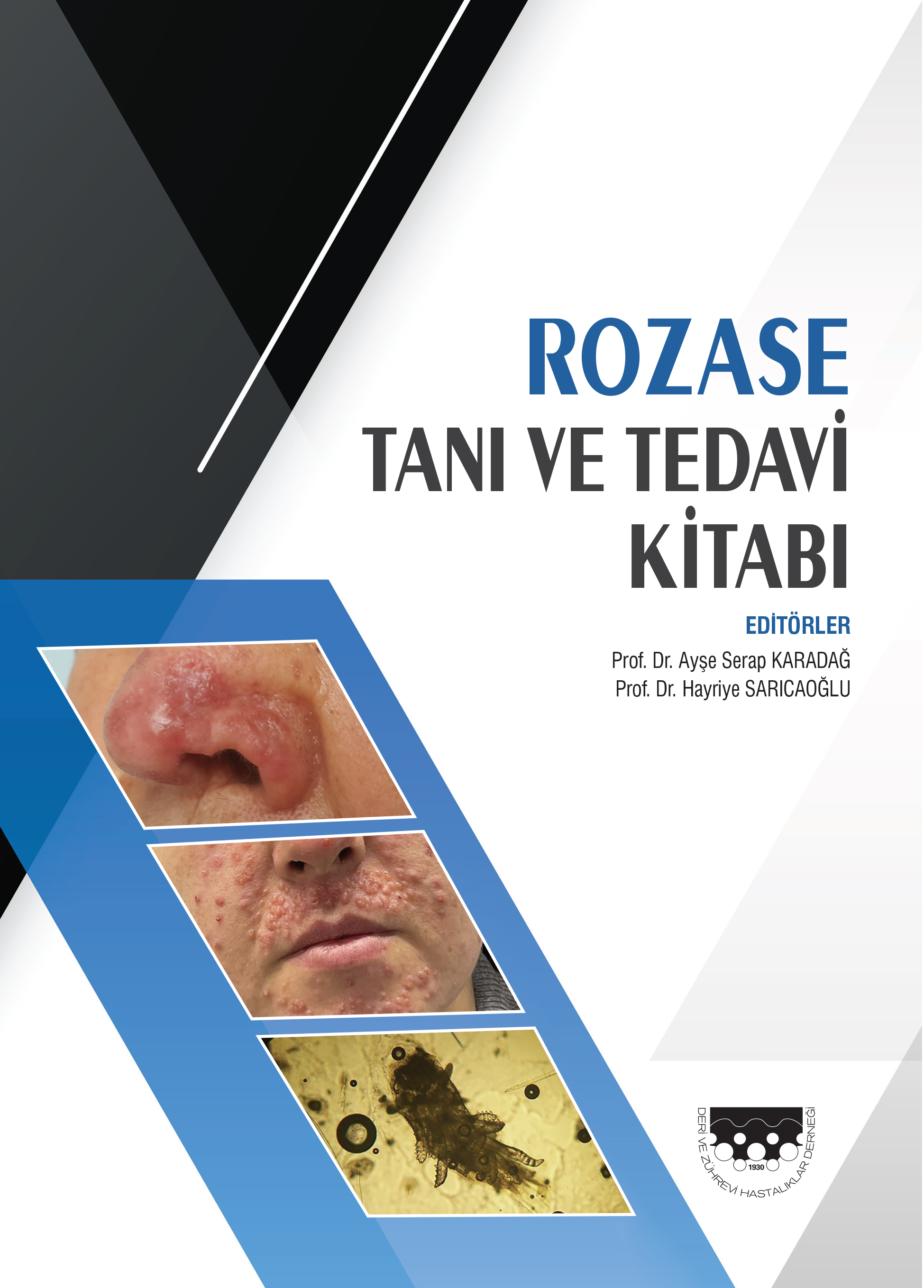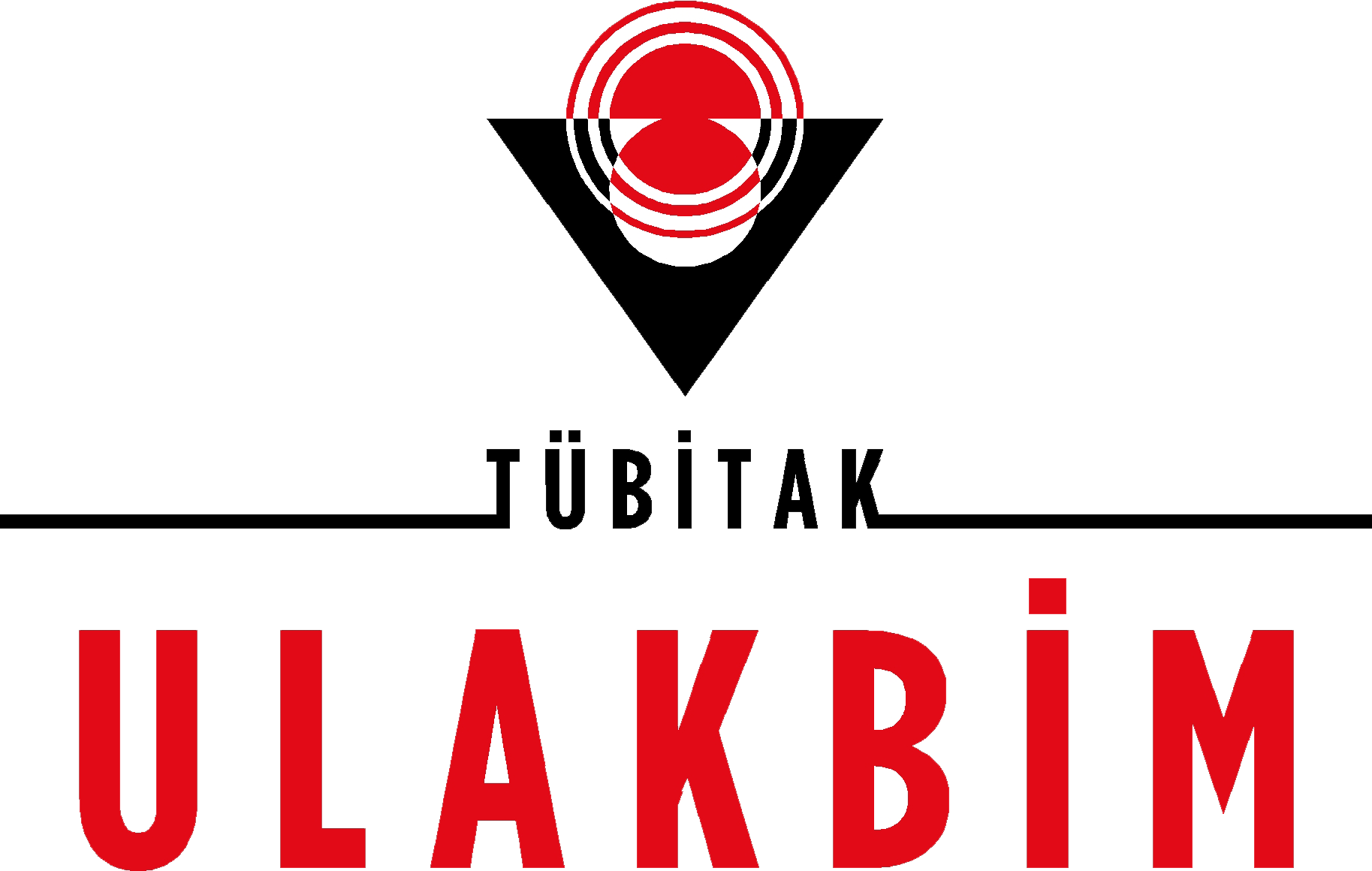Positivity of autologous serum skin test in patients with alopecia areata and vitiligo and in healthy individuals
Münevver Güven1, Aysel Gürler2, Fatma Gülru Erdoğan2, Özge Gündüz21Department Of Dermatology, Bingöl State Hospital, Bingöl, Turkey2Department Of Dermatology, Ufuk University, Ankara, Turkey
Background and Design: Autologous serum skin test (ASST), the best in-vivo test displaying in vitro basophil histamin releasing activity, is used in the diagnosis of chronic autoimmune urticaria. Besides, it is cheap and is easy to perform. It has been found that in ASST-positive chronic urticaria patients, autoimmune thyroid disease especially and other autoimmune diseases were more common and the level of autoimmune markers were higher compared to others. Autoimmunity is accused in the pathogenesis of alopecia areata and vitiligo. In this study, we assessed ASST results in healthy controls and those with autoimmune diseases, and aimed to explore the effects of thyroid autoantibodies and other factors in ASST positivity.
Materials and Methods: ASST was administered to 51 patients with alopecia areata, 53 patients with vitiligo and 51 healthy controls, and thyroid function tests and thyroid autoantibodies (anti-Tg, anti-TPO) were assessed.
Results: ASST was positive in 64.7% of patients with in alopecia areata, 64.2% of those with vitiligo and in 45.1% of controls. There was no statistically significant difference between the groups in terms of ASST positivity. We observed that ASST positivity had no relationship with age, anti-Tg, anti-TPO and the presence of one or both autoantibody positivity. It was seen that the frequency of ASST positivity was higher in females than in men in all groups, but it was statistically significant in alopecia areata group only. Among the all study groups, the frequency of ASST positivity was statistically significantly higher in females than in men.
Conclusion: The high rates of ASST positivity in individuals with alopecia areata and vitiligo as well as in healthy control, indicate that ASST positivity does not solely exist in chronic urticaria patients. With logical regression analysis, it was shown that, having alopecia areata and being female significantly increase the risk of having ASST positivity. Therefore, we assume that ASST positivity might indicate the autoimmune etiology for alopecia areata and susceptibility to autoimmune diseases in female gender.
Alopesi areata, vitiligo ve sağlıklı kontrollerde otolog serum deri testi pozitifliği
Münevver Güven1, Aysel Gürler2, Fatma Gülru Erdoğan2, Özge Gündüz21Bingöl Devlet Hastanesi, Dermatoloji Kliniği, Bingöl, Türkiye2Ufuk Üniversitesi Tıp Fakültesi, Dermatoloji Anabilim Dalı, Ankara, Türkiye
Amaç: Otolog serum deri testi (OSDT), kronik otoimmün ürtiker tanısında kullanılan in vitro bazofil histamin salınım aktivitesini en iyi gösteren in vivo test yöntemi olup yapılması kolay ve ucuz bir testtir. OSDT pozitif kronik ürtikerlilerde başta otoimmün tiroid hastalığı olmak üzere diğer otoimmün hastalıkların ve otoimmün belirteçlerin daha yüksek olduğu saptanmıştır. Alopesi areata ve vitiligo patogenezinde otoimmünitenin suçlandığı hastalıklardır. Çalışmamızda bu otoimmün hastalıklarda ve sağlıklı bireylerde OSDTyi değerlendirmek ve OSDTnin pozitifliğine başta tiroid otoantikorları olmak üzere diğer faktörlerin etkisini araştırmayı planladık.
Gereç ve Yöntem: Elli bir alopesi areata, 53 vitiligo hastası ve 51 sağlıklı gönüllüye OSDT uygulandı ve tiroid fonksiyon testleri ve tiroid otoantikorları (anti-Tg, anti-TPO) değerlendirildi.
Bulgular: OSDT pozitifliği alopesi areatalı grupta %64,7, vitiligoda %64,2, kontrol grubunda %45,1 oranlarında tespit edildi. OSDT pozitifliği açısından gruplar arasında istatistiksel olarak anlamlı farklılık bulunmadı. Çalışmaya alınan gruplar içinde ve toplamda OSDT pozitifliği açısından yaş, anti-Tg, anti-TPO veya tiroid otoantikorlarından biri ya da her ikisinin mevcudiyeti arasında bir ilişki tespit edilmedi. OSDT pozitifliği ile cinsiyet arasındaki ilişkiye bakıldığında tüm gruplarda kadınlarda OSDT pozitiflik sıklığının erkeklere göre daha fazla olduğu ancak sadece alopesi areata grubunda anlamlı olarak yüksek olduğu tespit edildi. Çalışmaya alınan bütün kadınlarda erkeklere göre OSDT pozitiflikleri anlamlı olarak daha yüksek bulundu.
Sonuç: Alopesi areata, vitiligo ve sağlıklı kontrollerdeki yüksek pozitif OSDT oranlarının varlığı OSDT'nin sadece kronik ürtikerli hastalarda pozitiflik göstermediğinin bir belirtecidir. Lojistik regresyon analiziyle alopesi areata ve kadın olmanın OSDT pozitifliğine sahip olma riskini anlamlı olarak yükselttiği gösterildiğinden OSDT pozitifliğinin alopesi areatalılarda otoimmün etiyolojiyi ve kadınlarda otoimmün hastalıklara yatkınlığı gösteriyor olabileceği düşünülebilir.
Manuscript Language: Turkish























